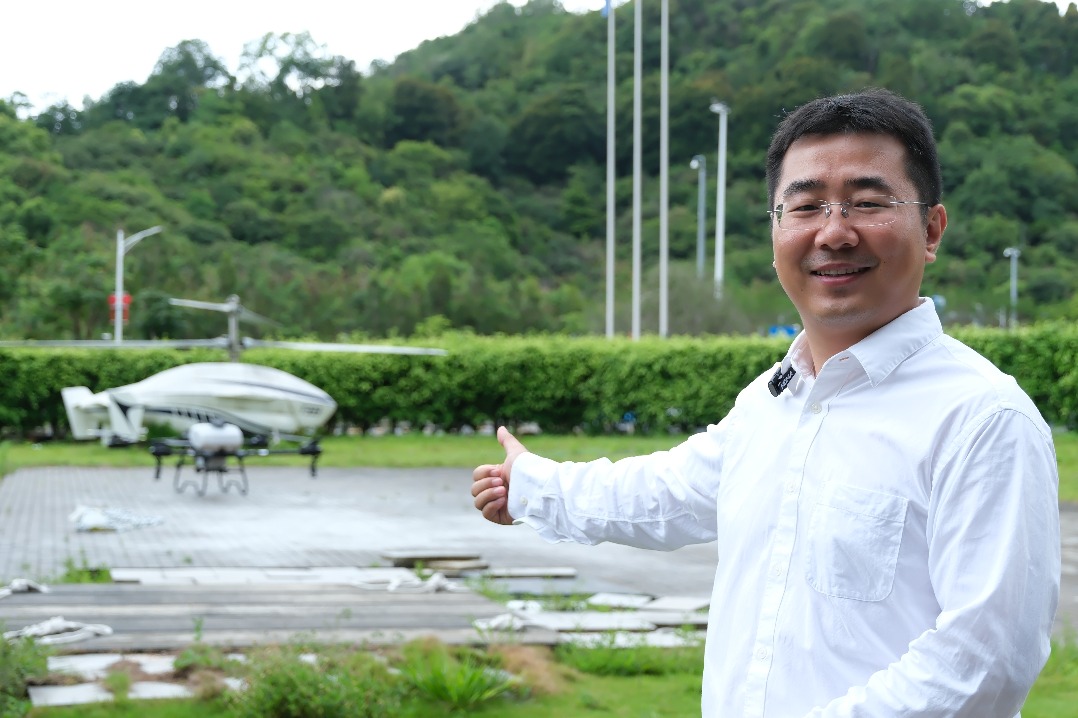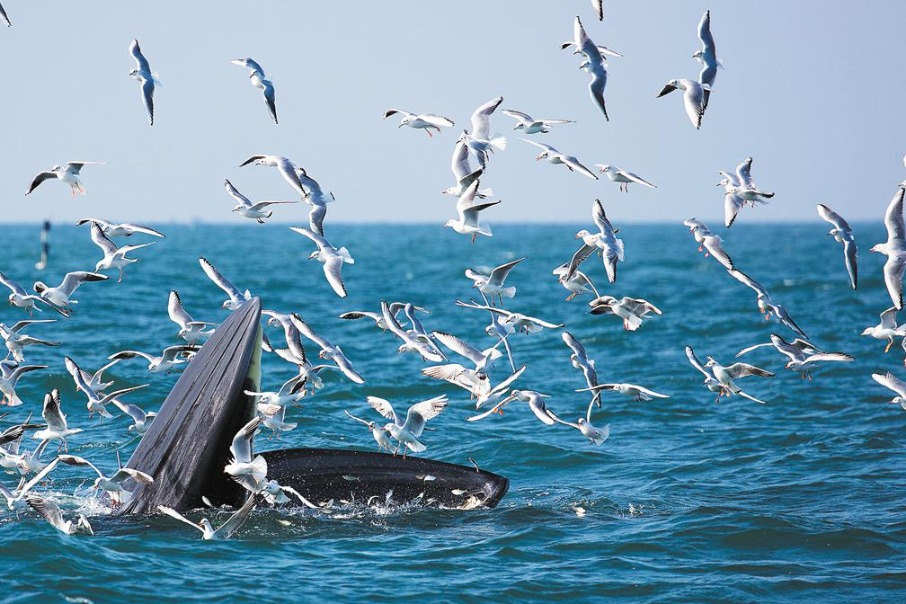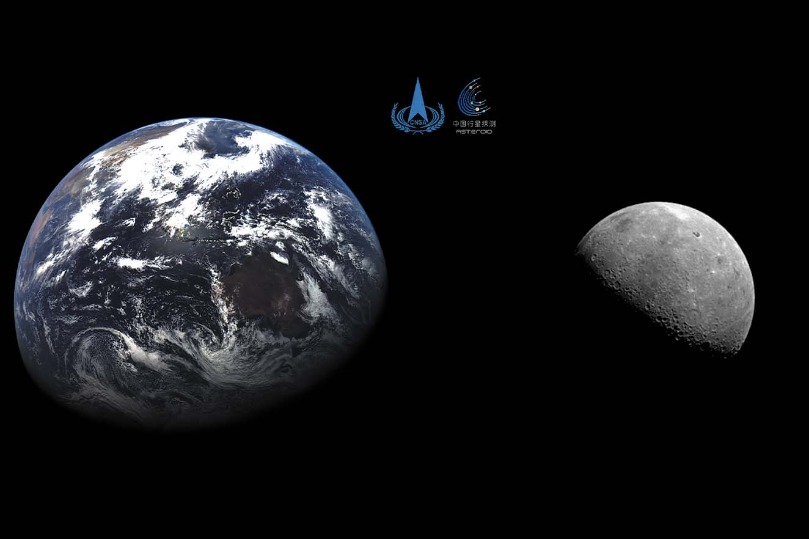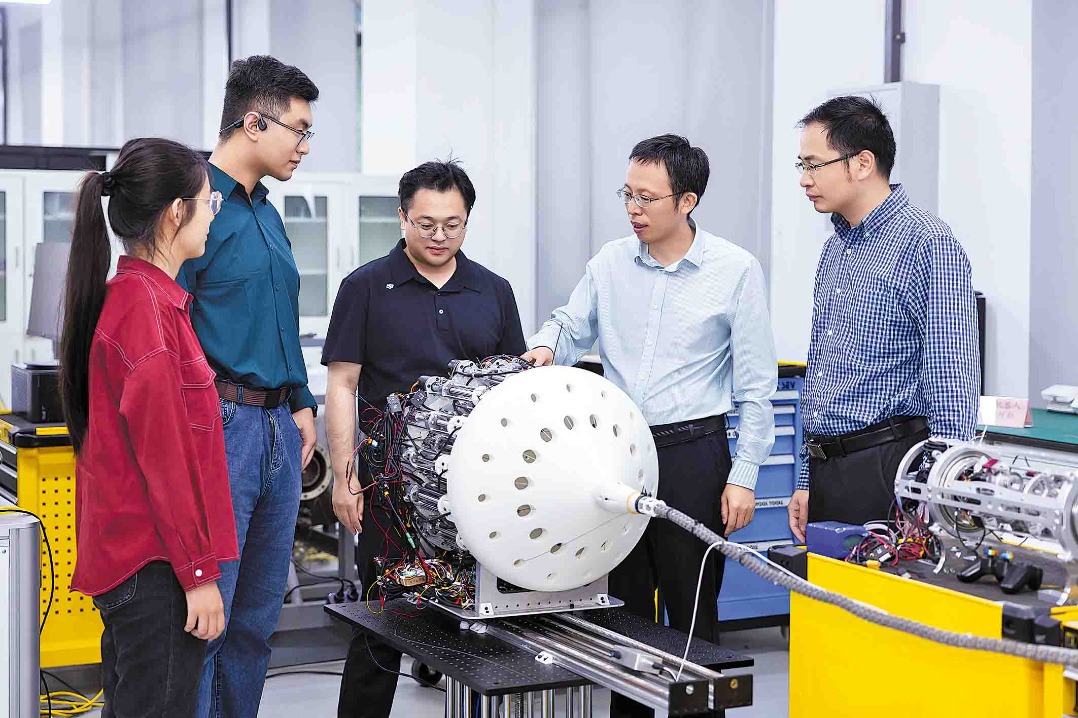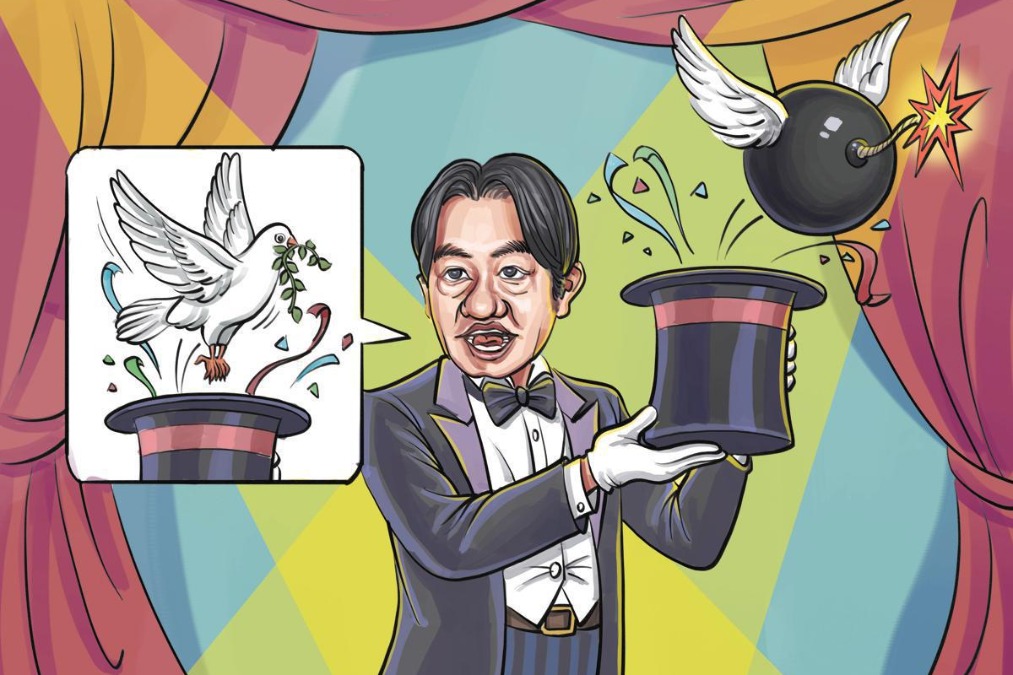Odd man out


Australia's choice will only put it at the mercy of the US and the UK
In the middle of September, Australia, the United Kingdom and the United States announced the forming of AUKUS, their new three-way strategic defence alliance. They also announced that Australia will be supported by the US to build nuclear-powered submarines. The two moves have immediately raised the eyebrows of countries in the Asia-Pacific, as these developments have the potential to escalate the militarization of the region. The submarine deal also angered France, as the deal is at the expense of an earlier conventional submarines deal between Australia and France, which could be worth about $60 billion.
Yet, as well as the geopolitics, if looked at from the perspective of the regional political economy, the forming of AUKUS reveals Australia's anxieties about its economic competitiveness in the Asia-Pacific region. Rather than a demonstration of its political ambition in the region, the pact reveals that Australia is trying to return to its "comfort zone", which says more about its economic identity.
Blessed with a huge land mass, rich natural resources, vibrant agricultural and farming industries, such that it is self-sufficient, Australia adopts a relaxed attitude toward economic development. According to the Department of Foreign Affairs and Trade of the Australian government, the Australian industry that attracted the most foreign direct investment in 2020 was mining and quarrying (35.1 percent), which drew in A$360.4 billion ($263.6 billion).
In the 1980s, some forward-looking people, worried about Australia's economic situation, urged Australia to catch up with the economic success of Japan and the Asian tiger economies in order to be more integrated in the regional economy and keep up with its development trend. In 1989, the Asia-Pacific Economic Cooperation was established on Australia's initiative. The Asia-Pacific region welcomed APEC with both hands because it helped further promote Asia-Pacific economic integration. It was actually the US that took a more lukewarm and noncommittal response to the establishment of APEC. Yet, the gist of the economic integration and trading liberation functions was replaced by the World Trade Organization, a much more comprehensive global organization. To many people, APEC became simply a meet-and-greet for leaders who have a photo taken dressed in the traditional costume of the host nation each year in November.
To make matters worse, Australia is losing its economic competitiveness to other Asia-Pacific economies, and it increasingly depends on the success of other Asia-Pacific economies. For example, according to the Global Competitiveness Index 2019 released by the World Economic Forum, Australia only ranked 16th, outperformed by Singapore (1), Japan (6) and the Republic of Korea (13).
On top of that, the economic success of Australia is basically reliant on the back of the other economies in the Asia-Pacific. According to the UN COMTRADE database on international trade, Chinese exports to Australia totaled $53.48 billion in 2020 while Australian exports to China accounted for $100.09 billion, meaning a huge trade surplus for Australia. In addition, China constituted 38.1 percent of Australia's exports, Japan, 14.5 percent and the Republic of Korea 6.7 percent, making the three economies the biggest trading partners of Australia in 2020.
Australia is increasingly showing a rentier mentality and displaying an economic entitlement attitude. Going to the US for special technological support to build nuclear submarines and signing the pact with its former colonial master puts it at odds with the other countries in the Asia-Pacific region. Most of the Asia-Pacific countries suffered during World War II. Although they successfully shook off the colonial yoke, many of them suffered from the ideological confrontation during the Cold War. Yet, they prevailed and they are now reaping the benefits of their hard-earned economic success.
Australia's choice of building up its military capabilities in the Asia-Pacific region makes it an outsider in the region which is peaceful, vibrant and prosperous. To further rely on borrowed military technology without a solid economic foundation will only place Australia in a vulnerable position and put it at the mercy of the US and the UK.
The author is director of the Centre for Contemporary Chinese Studies at Durham University and associate professor in International Relations of China at Durham University. The author contributed this article to China Watch, a think tank powered by China Daily. The views do not necessarily reflect those of China Daily.

















